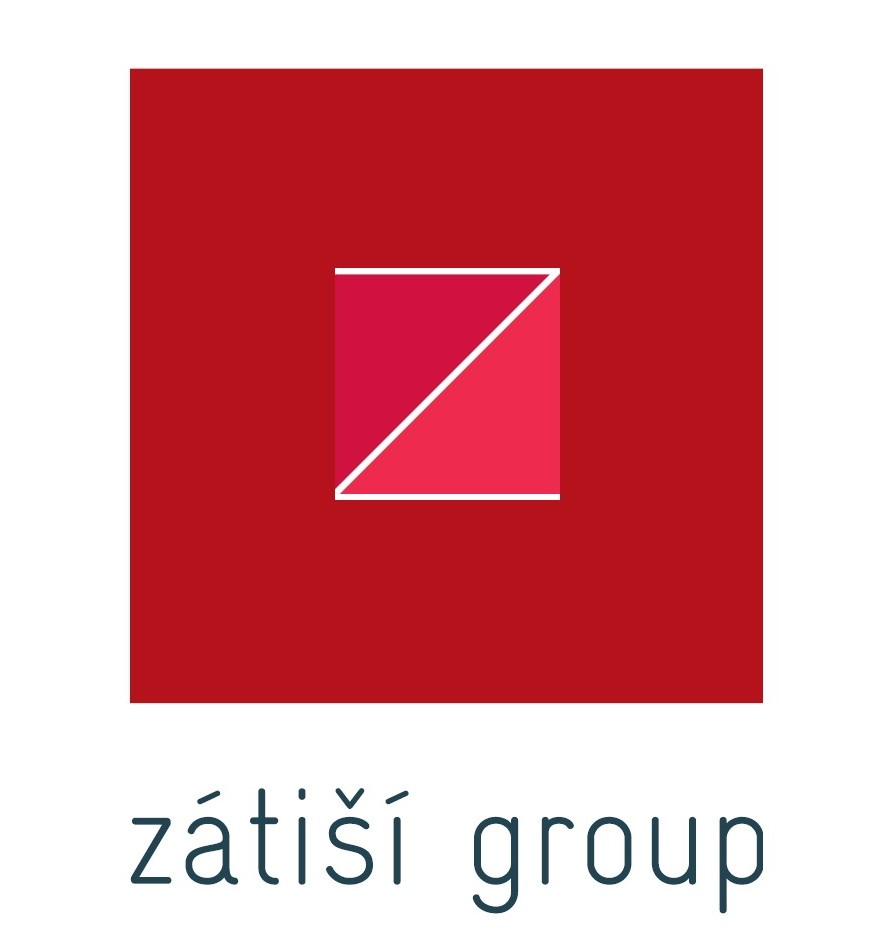We consider the entire company and all departments as a part of our approach to sustainability
31.07.2012Company: CTP Invest, spol. s r.o.
CTP is a major developer in the Czech market. By contrast to competitors, CTP has focused on developments in the regions rather than the Capital city. CTP has developed major A Class office projects in cities like Brno and Ostrava. Remon Vos is CEO of CTP Invest and I asked a few questions to him to learn his expert view on current trends in Occupier Demand and Office Product for this publication.
(Author: Brent Watkins, Director of Real Estate at Deloitte Advisory and Member of the AmCham Real Estate Committee)
Are office tenants in the regions demanding the same standards as they may in the capital? In terms of technical provision, green attributes, flexibility, pricing? Is there a marked difference (with reference to above) between International companies or domestic firms? Are your regional buildings certified?
Demand for environmentally friendly buildings does not differ outside of Prague. International tenants expect it and domestic companies are starting to take note. Within our office parks in Brno and Ostrava you will find major occupiers which follow strict standards in security, space efficiency and sustainability. We consider all aspects, not only from a building efficiency point of view, but also throughout the entire construction process. Green and water features, bicycle paths, relax zones all figure into our sustainable philosophy. Building certified properties is no longer something unusual but is considered standard and if the overall cost of such developments is higher than was previously the case then the developer must absorb these costs.
CTP initiated energy audit for your portfolio (200 buildings) at your own cost? Why would you instigate that? What is the benefit for the occupier? Do they appreciate this? How important are energy savings and planning for lower consumption technology to your tenants? Do they ask specifically for buildings with certification? Or just good sustainable design?
We implemented the energy audit of our portfolio as a way to show our tenants that CTP takes this issue seriously and to prove we develop sustainable properties. Tenants are interested to save money and at the same time project a good image. The properties they occupy play a major role. Certification is proof of a good sustainable design and provides tenants with a quick reference to the property in general.
I note that you recently had your entire construction and Property Mgmt Team certified ISO for environmental attributes? Is this marketing? Or a real benefit to occupiers?
CTP’s construction team received ISO 14000 certification for its commitment to sound environmental practices and our property management department received ISO 14001 certification in June 2011. We consider the entire company and all departments as a part of our approach to sustainability. Each of CTP’s 125 employees is involved, from the people in the office separating their rubbish for recycling, the purchasing managers buying locally sourced and sustainable materials, through to the property managers monitoring how our buildings are performing and how they are maintained. Our image on the market is indeed important to us as it is for most companies including our tenants and therefore every effort is required to keep up with the growing awareness of environmental issues. This is a win-win situation for occupiers as their operating costs are reduced and simultaneously the burden placed on the environment is minimised.
What notable differences exist today versus a few years ago with regard to major office occupiers’ preferences, demands and behaviours?
Technology is leading the way in which occupiers and developers behave. Advances in smart phones and mobile technology as well as video conferencing mean people can work almost anywhere. Desk sharing is common and has altered the way space plans are drawn up. Cloud computing is changing things. Smart work-space technology, including work-space sensors which detect if the desk is occupied or not and altering the power allocation. The changes are constant and the design of today’s space needs to take the future into account. End users are also taking a proactive approach and educating their staff on sustainable practices such as switching off lights and electronics when not in use, not leaving air conditioning running and are more closely scrutinising their space needs and server room requirements.
You have a unique approach to client service with your 24/7 help desk. What are the common requests? Are they service oriented or technical?
We implemented our Help Desk service as a way to respond faster to our clients needs. The majority of the requests are technical in nature. The property management team currently takes care of 73% of requests within 1 week and is on target to hit 80% by the end of 2012.
You have also built another type of development with Flexi-Space to accommodate tenants changing space requirements? Does that work? Do you foresee that as a trend toward office buildings as well?
CTP started building ‘Flexi-Space’ properties for manufacturing and warehouse purposes. These buildings are located throughout the CTPark Network in the Czech Republic and house a wide variety of activities. With its modular design Flexi-Space allows tenants to grow and easily change their operating layouts. We have developed around 300,000m2 of such properties and they have a high occupancy rate. In terms of office users, flexibility is indeed a key factor when choosing the right office location. We try to design our floor plates with this in mind. We provide occupiers growth options as well as the right to hand back space during the lease term.
What future trends for Occupiers or for Office Building design and construction do you foresee? Do you plan additional office developments in the regions of Czech Republic to handle future demand?
Currently CTP develops major class-A office parks in Brno and Ostrava. At our Spielberk Office Centre in Brno we are just completing 30,000m2 of space in 2 towers which are currently the tallest buildings in the city. This will bring the overall project up to 88,000m2. In Ostrava we are close to completing phase 1 of our IQ Ostrava project which is 22,500m2 of office space which is 70% leased to the IT services company Tieto. Phase II of the IQ Ostrava project will follow.







